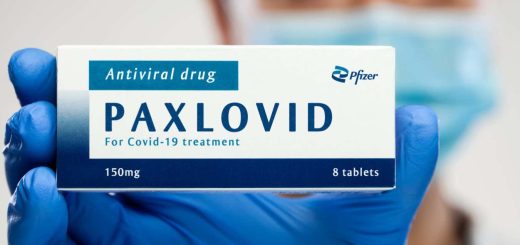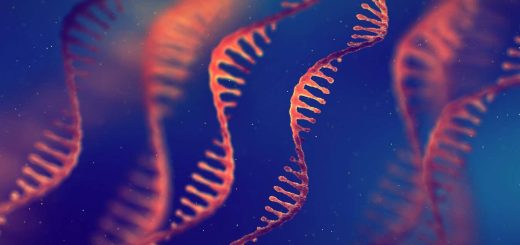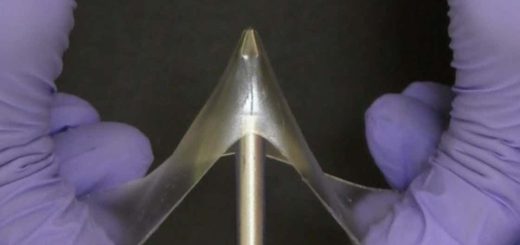Vegan cheese could be about to get a lot closer to the real thing
A key milk protein for making cheese and yoghurt has been produced in bacteria for the first time, paving the way for better tasting but more sustainable animal-free products
By Michael Le Page
2 July 2025
Vegan cheese struggles to compete with dairy products
Aamulya/Getty Images
If you love cheese but feel guilty about its huge environmental impact, there is hope on the horizon. The milk protein that is most important for producing cheese and yoghurt has been made in bacteria for the first time, which could allow these products to be made directly from plants without any cows involved.
“It will significantly reduce the carbon footprint,” says Suvasini Balasubramanian at the Technical University of Denmark.
Read more
Inside the mouth-watering race to master lab-grown chocolate
Advertisement
Dairy milk is a complex mix of many chemicals, but for cheese manufacture, the most important component is the globules, or micelles, made of proteins called caseins wrapped around calcium compounds.
After casein proteins are first produced in mammary gland cells, most have phosphate groups added to them, a process called phosphorylation. These phosphate groups interact directly with calcium and are essential for the formation of micelles.
While it is simple to get bacteria to make unmodified casein proteins, achieving phosphorylation has proved tricky. No one has managed to get the cow enzyme that phosphorylates caseins to work in bacteria. “This has been tried for a long time now,” says Balasubramanian. “All the start-ups and companies have been struggling.”


